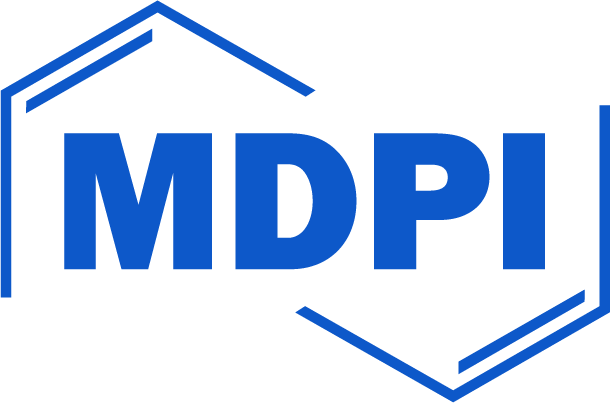
CETEF'24 Partner
MDPI
A pioneer in scholarly, Open Access publishing, MDPI has supported academic communities since 1996. MDPI is leading the transition to Open Science by making a greater proportion of the research conducted worldwide free and accessible to everyone. To date, over 3.5 million researchers have entrusted MDPI with publishing their scientific discoveries. Our editorial process is bolstered by a network of dedicated reviewers, a team of 6,000 professional, well-trained staff members, and an in-house article submission platform designed to ensure efficient processes within its 440 fully Open Access journals.
We support more than 800 academic institutions worldwide. As at September 2024, 44 Nobel laureates had contributed to more than 115 articles across 35 MDPI journals. Authors publishing in an OA journal can expect more citations of their work, increasing its potential impact. Research findings that are freely available are more likely to be cited than those hidden behind a paywall. Freedom of access greatly increases the potential audience for each paper, fostering a sense of community among researchers worldwide. Heightened visibility can attract prospective collaborators and employers for young scientists. We believe that all these factors can only accelerate the advance of science. Additionally, authors retain copyright ownership of their work instead of signing it away, permitting broader dissemination under Creative Commons licenses and increasing its capacity for impact. Acting on our objective to promote inclusivity in global science, we offer especial support for researchers who are at the outset of their careers. This group includes young scientists and researchers from developing countries. We offer a range of opportunities for early career researchers, including a number of awards such as the Early Career Investigator Award or Travel Awards to encourage junior scientists to present their latest research at academic conferences.
At MDPI, we have a long tradition of fostering partnerships, including our Institutional Open Access Program (IOAP). This initiative reflects our dedication to transparent and inclusive publishing, providing stability and predictability for authors and institutions. Articles published in MDPI journals achieve world wide impact and reach, with over 21,000 mentions in policy documents from over 200 organizations, such as United Nations, WHO, CDC, and governments to shape and develop national and international policy.
At MDPI, we fund research to make the world a better place. Through the MDPI Sustainability Foundation we support researchers through two sustainability focused awards: the World Sustainability Award, amounting to USD 100,000, is given to senior researchers, and the Emerging Sustainability Leader Award, valued at USD 20,000, sponsored by the MDPI journal Sustainability, is presented to early career researchers.
